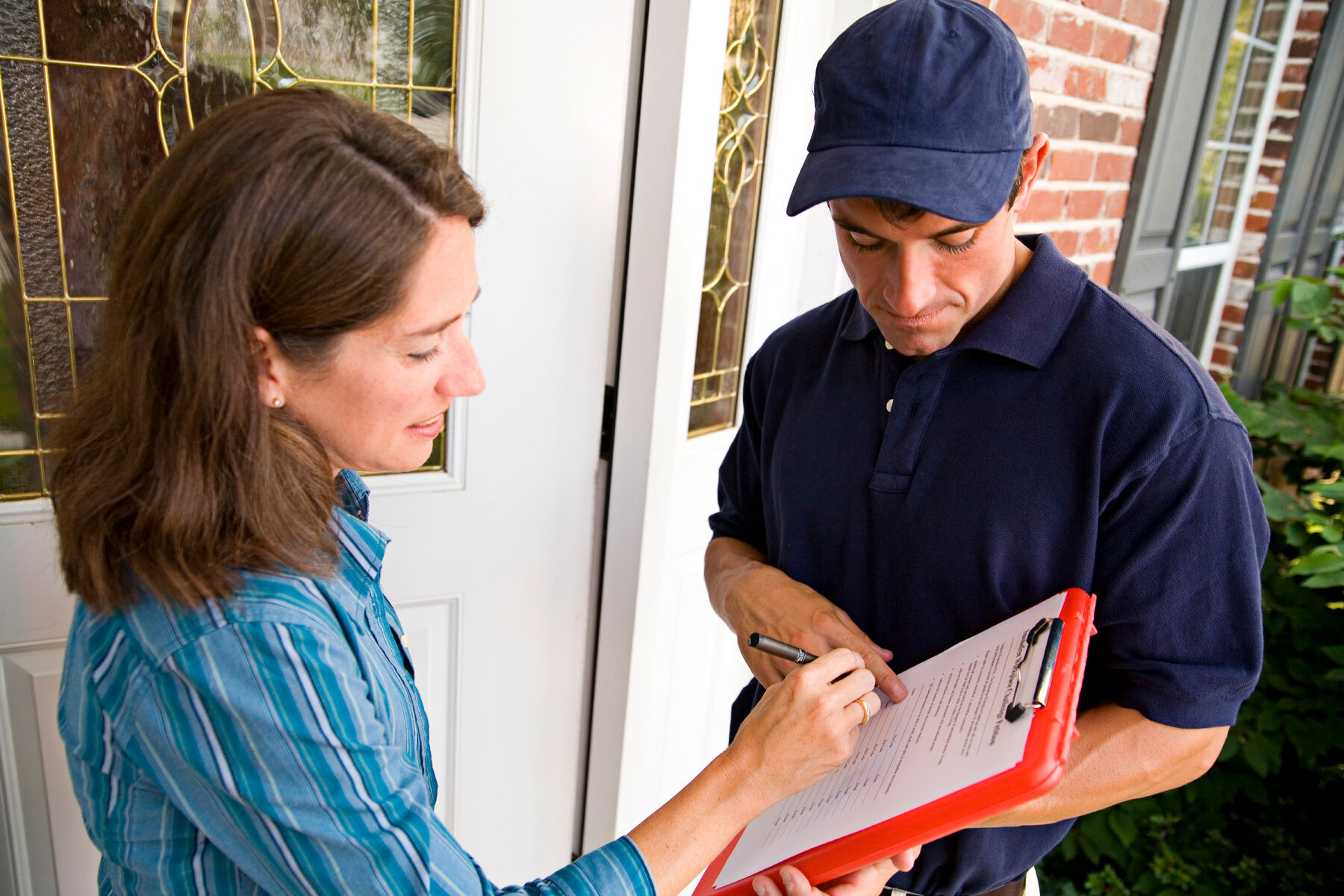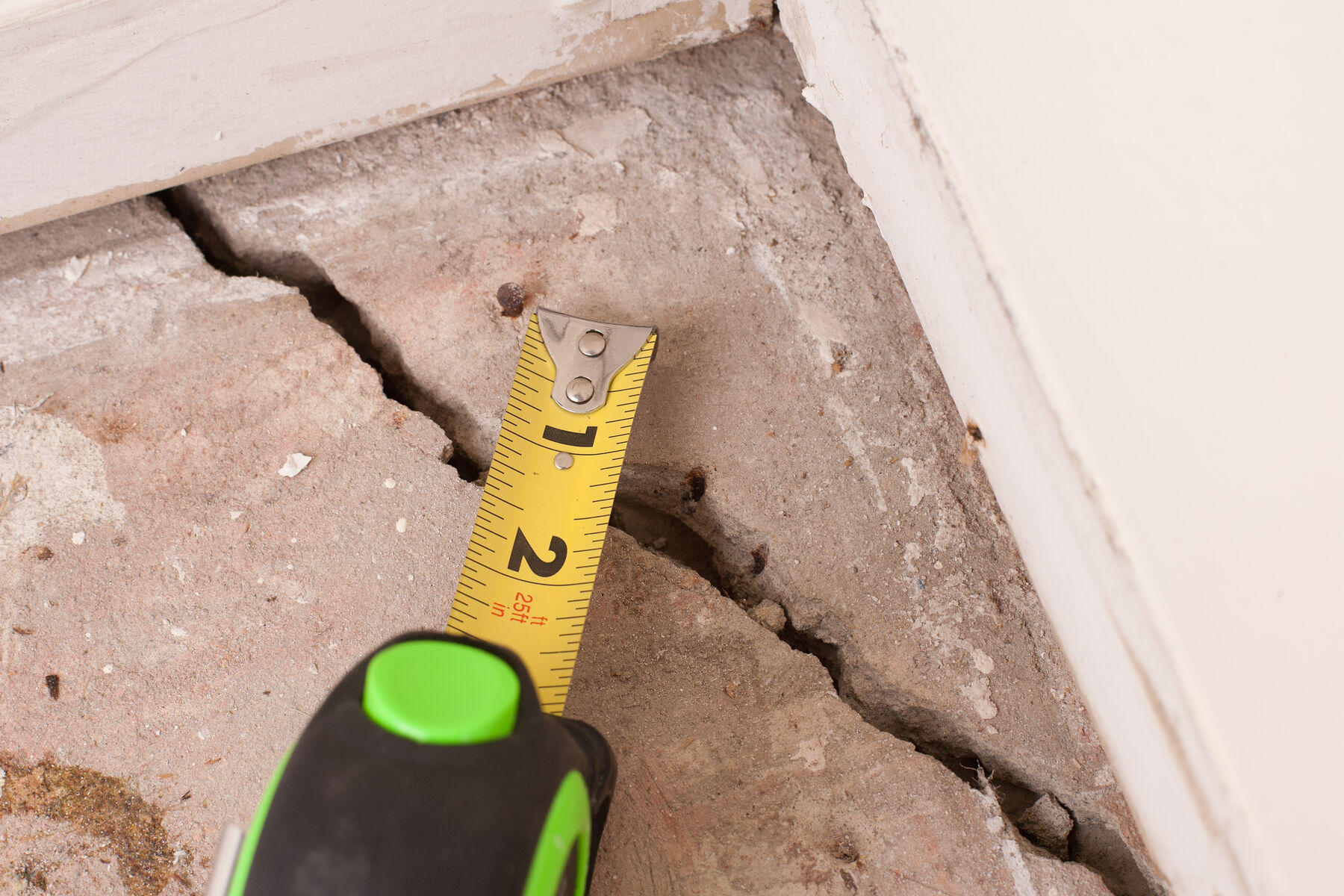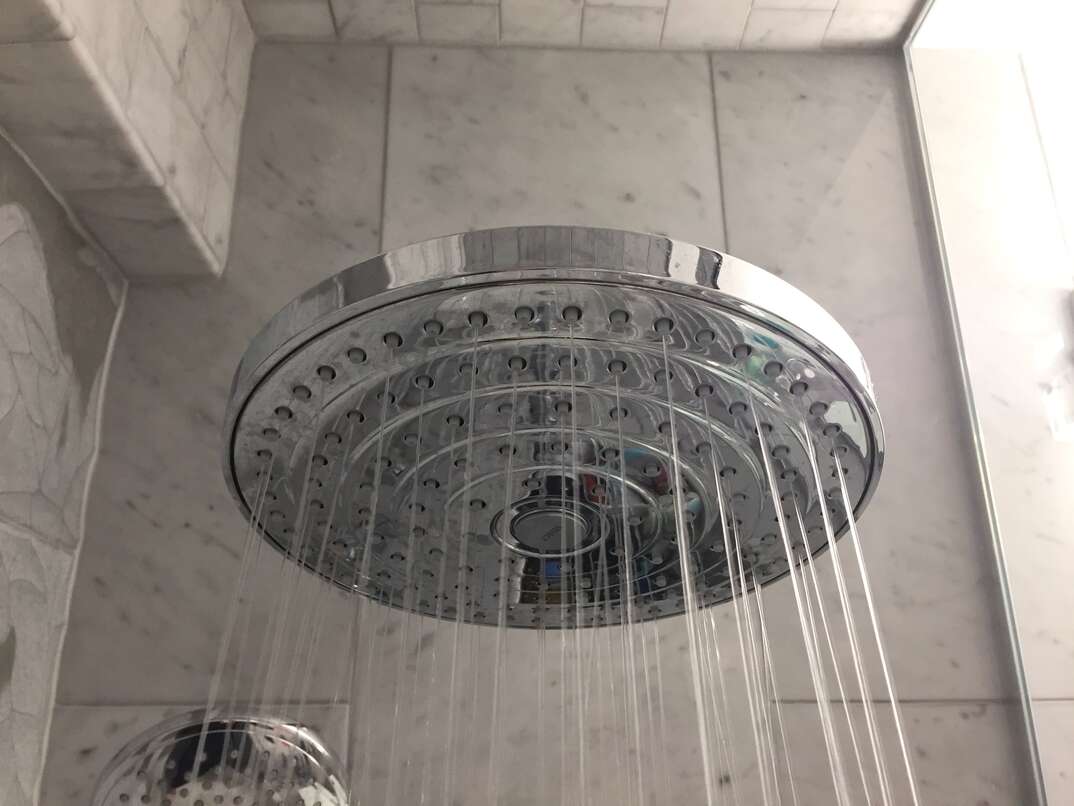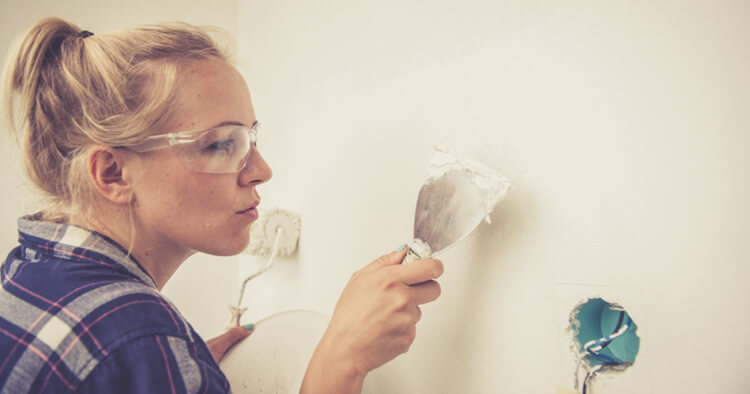What to Expect When They're Inspecting: Your Home-Inspection Checklist

If you've ever bought a house, you know that the home inspection can be nerve-wracking. But it doesn't have to be. Think of it as a physical for your house.
This May Also Interest You: Wondering Whether a Home Warranty Is Worth It?
Having your home inspected or having a house you're likely to purchase inspected is the best way to get detailed information about the current condition of the house. And it's the best way to prevent expensive surprises. Home inspections are not required by law, but highly recommended in many cases.
Who Should Get a Home Inspection?
Buyers primarily get home inspections. Sellers are required in most areas to produce a disclosure list of damage and repair issues for buyers. But the problem with the seller's disclosure is that they often lack things the seller forgets.
Home buyers and agents need to know about any and all potential damage and repair issues prior to closing. Once the closing happens, the contract is done and the buyer assumes financial responsibility for repairs. So the inspection brings to light things that need to be asked or discussed with the seller, and possibly negotiated before closing.
Other Reasons for Getting a Home Inspection
Sellers have home inspections done prior to listing their home so they are aware of damage and repair issues ahead of time. Giving them the opportunity to make repairs and possibly listing for a higher price.
Homeowners have inspections done, as well. Most homebuilders offer a 12-month manufacturer warranty on their new homes as part of the purchase. An owner who builds a new home will commonly have an inspection done by a professional home inspector in the 11th month of their warranty period so they can have the builder make repairs under the warranty.
What's Covered in a Home Inspection?
At a minimum, a proper home inspection will cover the systems of the home, including:
- The structure
- Plumbing systems
- Electrical systems
- HVAC systems
- Appliances that convey with the home
- Optional systems
For example, the "structure" system includes the roof, foundation, windows, doors, etc. Plumbing systems can include sinks, tubs, toilets and drains.
You can see there's a great amount of detail that goes into an inspection report. It's the kind of information customers need to make an informed decision and have peace of mind. Remember, you are not in this alone. If you're buying or selling, your real-estate professional will help you prioritize the items in the inspection report according to what's important to you.
How Much Does a Home Inspection Cost?
Home inspections are not a flat rate, and vary by area along with expertise, inspection options and, often, the size of the home being inspected. The most basic home inspection by an experienced professional (some states require licensing) will run a minimum of $300 for modest homes.
Expect to pay more for quality because, like in all situations, you get what you pay for. You may find an inspector who offers bargain rates. But do you want to skimp on an inspection when you're making one of the biggest investments of your life?
How Long Does a Home Inspection Take?
Home inspections take several hours. The bigger the square footage of the home, the more water heaters, toilets, doors, windows, and other components there are to inspect. Home inspectors are expected to go through attics, crawl spaces, closets, even rooftops in some cases, and all rooms of the house.
Inspectors want a close look into every system the house has so that your report is as complete as possible. For example, a three-bedroom, two-bath, single-garage house measuring 1,800 square feet may take two to three hours, depending on how old the house is.

What do Home Inspectors Look For?
Home inspections focus on safety, improper installations, leaks, water and moisture damage, deterioration and wood-destroying organisms, as well as system components not functioning like they should. The causes for these issues range from age, water damage, bugs and lack of maintenance to enhanced safety codes.
Safety is always a primary concern when buying a home. For example, ground fault circuit interrupter electrical outlets are now required when providing electricity near sinks, bathtubs, showers and other areas where water is likely to come in contact with the outlet, because GFCI outlets help prevent electric shock when they get wet.
Likewise, you'll see and hear a professional home inspector testing things like the appliances, sinks, toilets, light switches and more. Anything that's not working properly gets noted on the report.
Who Pays for a Home Inspection?
The client who wants the report pays for the inspection, whether it is the buyer, seller, investor or homeowner. The report is the legal possession of the client. Anyone who wants to see your report should have to get your permission first.
To ensure that your report won't be shared, ask your inspector "Who will see this report?" Reputable home inspectors have an agreement signed by the client that includes the promise not to share the report with anyone other than the client without their express permission. One of the reasons some inspectors have bargain-basement prices is because they offer your report to anyone that wants it.
What Is the Best Way to Prepare for an Inspection?
To get prepared for your home inspection, you should move the clutter out of the way and make a path in your home in order to make it possible for them to look at what they need to.
A home-inspection checklist for most houses includes space and access to:
- Roofs
- Attic hatches
- Crawlspace hatches
- Breaker boxes
- Water heaters
- Air conditioning and heaters
Many major system components are installed in attics and garages these days, and are often surrounded by personal storage items. For example, home inspectors need about three feet of space in front of a breaker box to properly inspect it.
What Happens After the Inspection?
Once the report has been generated by the inspector, they will review it with you. The inspector will walk you through the house and show you areas that need to be looked at. At this point, you'll be able to talk to your real-estate agent about the concerns you need to address with the seller.
While the seller may not make any of the changes from your inspection report, you'll be aware of what needs to be fixed once you move in.
In addition to a home inspection, as a homeowner, it might be a smart move to have a home-repair plan from HomeServe. When you're prepared with a plan and a breakdown occurs, HomeServe sends a local, licensed expert technician to your home to fix the problem. See what plans are available in your area today.


